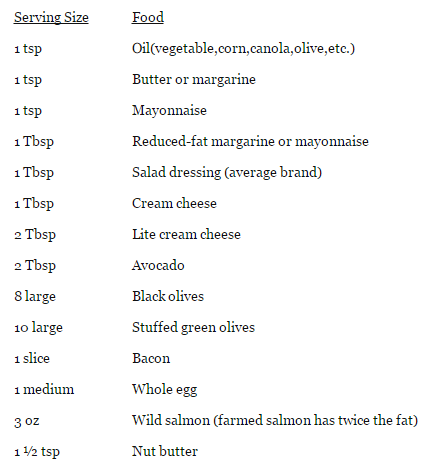
Written by Deborah Gerszberg, RD, CNSC, CDN
Clinical Nutritionist, The Pancreas Center
“What can I eat?” This is a popular question asked by those suffering from chronic pancreatitis or who have experienced acute pancreatitis and would like to do everything in their power to prevent another attack.
First, let’s make sure everyone understands what pancreatitis is. Pancreatitis is inflammation of the pancreas and is usually very painful. The pancreas releases excessive enzymes and basically begins to digest itself. In order to heal, many patients must follow a liquid diet. Sometimes patients must avoid taking liquids by mouth. If you are suffering from an acute episode of pancreatitis, it is very important to call your doctor and follow their instructions. Sometimes hospitalization is necessary.
Now let’s discuss the diet for chronic pancreatitis. It is most important that you understand what not to eat and why. There are a few things you must completely avoid, such as alcohol and fried/greasy/high fat foods (such as creamy sauces, fast food, full fat meat and dairy, and anything fried). These foods can cause your pancreas to release more enzymes at once than it normally would, leading to an attack. There are also foods that you should eat only sparingly, if at all. These include refined carbohydrates (white bread, sugar, and high fructose corn syrup) which cause your pancreas to release more insulin than more wholesome complex carbohydrates (such as whole grains, fruits, vegetables, and legumes). In general, I recommend minimizing processed foods, which are either high in fat, high in refined sugars, or sometimes both.
You may be surprised I didn’t say to avoid foods containing fat. This is usually unnecessary and also unhealthy for most people suffering from chronic pancreatitis. You should aim to have a “moderate fat diet,” in which about 25% of your calories come from fat. For a 2000 calorie diet, this would be 55 g fat/day. In addition to adhering to a moderate fat diet, try to have small, frequent meals, which are easier to digest than having large meals, which may precipitate an attack.
The best food choices for those suffering from chronic pancreatitis are fruits, vegetables, whole grains, legumes, and nonfat/low fat dairy, and lean cuts of meat. Healthy fats such as avocado, olive oil, fatty fish, nuts, and seeds, may be consumed with careful portion control. Therefore, consume these healthy fats in small amounts. See Table 1 for serving sizes of typically high fat foods. I do not encourage eating everything on the list; use it more for informational purposes. If you are unsure of how much fat a food contains, you can access the USDA National Nutrient Database at http://ndb.nal.usda.gov/.
Everyone’s diet is very individualized, depending on age, weight, food tolerance and preferences. Therefore, if you have further questions about your diet, I encourage you to seek the assistance of a Registered Dietitian (RD). You can find a local RD by visiting the Academy of Food & Nutrition’s website: https://www.eatright.org/.
If you are a patient of The Pancreas Center, feel free to make an appointment with me directly: columbiasurgery.org/pancreas/nutrition-counseling
Table 1: List of fat containing foods, 5g fat per serving:

Adapted from:
https://www.nhlbi.nih.gov/health/public/heart/obesity/lose_wt/fd_exch.htm#8 Choose Your Foods: Exchange Lists for Diabetes pamphlet, The Nutrition Care Manual
